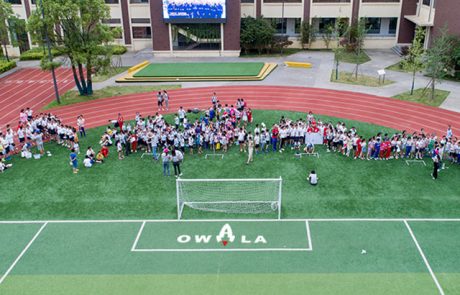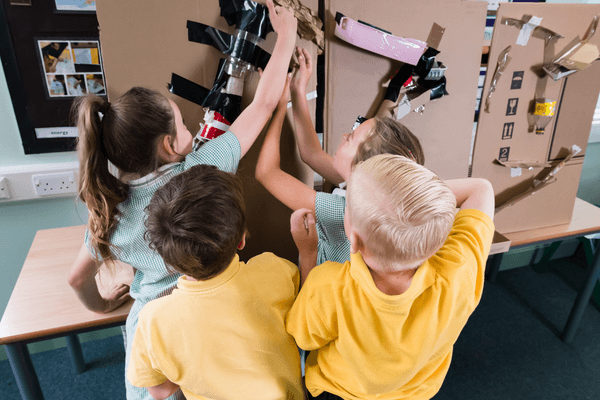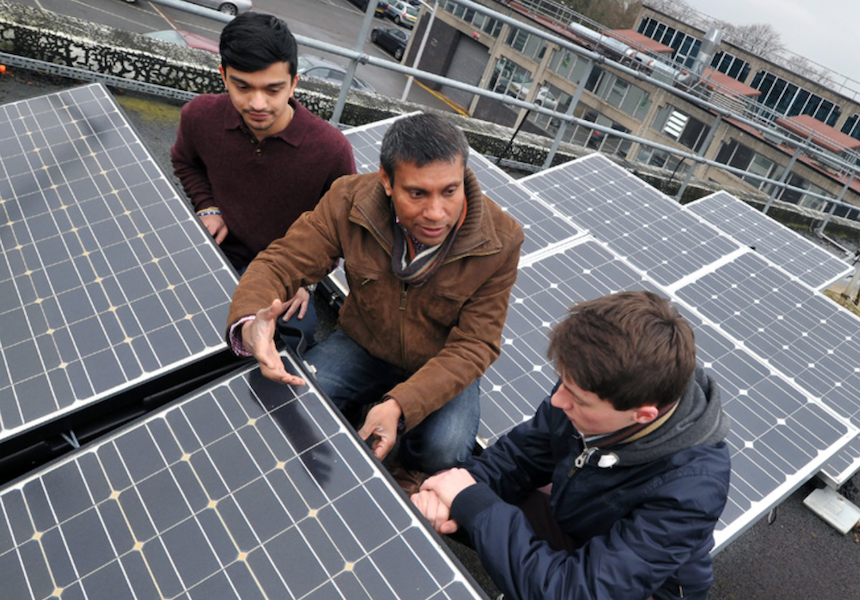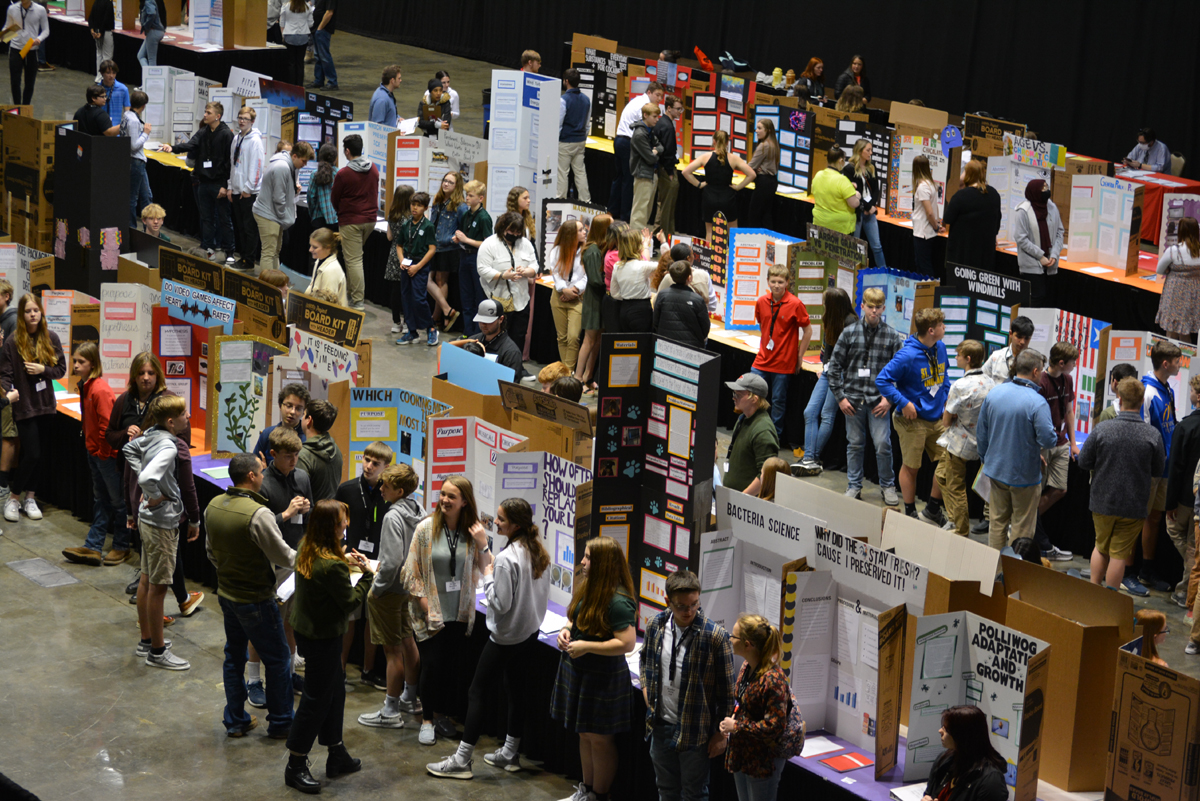Resources needed to transform your science teaching

Multiple Partnership Models
Owala’s course development team members come from leading universities around the world, with master’s degrees or higher, and possess strong backgrounds in science, engineering, and education. They will work closely with partner schools ensure fast-uptake and smooth transition to the Owala inquiry-based active-learning pedagogy
Intelligent Classroom with Digital Teaching Assistant
Includes multimedia teaching materials, simulated virtual laboratories, visual models, and a real-time formative assessment system.
Real-world data-driven simulation of virtual science experiments allows students to explore science while reducing the impact of limited laboratory resources.
Continuous formative assessment allows teachers to provide every student with personalized support. Know which students might be struggling with a specific concept and allow other students to explore ahead.


Hands-On Science as an Elective Class
Selected partner schools have successfully integrated Owala coursework as an afterschool activity. This includes more than 200 specially themed courses and activities that are tailored to meet actual needs.
Science exploration as an afterschool or club-based offering is an effective way to foster interest in STEM topics and also allow students to develop students’ self-driven learning.
Integrated learning assessment tools allow supporting teachers to provide student feedback without increased workload from assignments or tests.
Science Fairs and Technology Days
Organizing a science fair or technology day is now easier than ever. From Space Exploration to Biotechnology to Robotics, informal science and technology activities create an opportunity to promote broad-based interest in STEM amongst students.
Owala integrates topics from the cutting-edge in technology and science into the campus environment, making the themed activities highly participatory. This allows students to appreciate the diversity and excitement of science and understand how the scientific concepts they’ve learned apply in real-world situations.
Through participation in various activities, students get to apply what they’ve learned and truly comprehend the significance of learning science.

